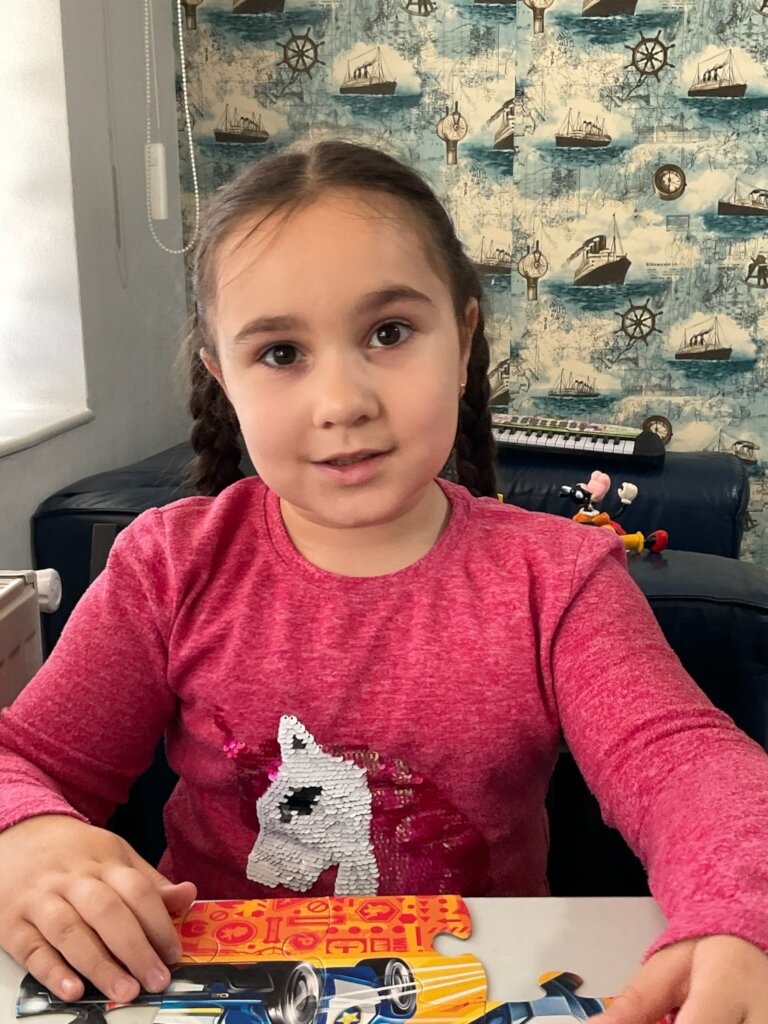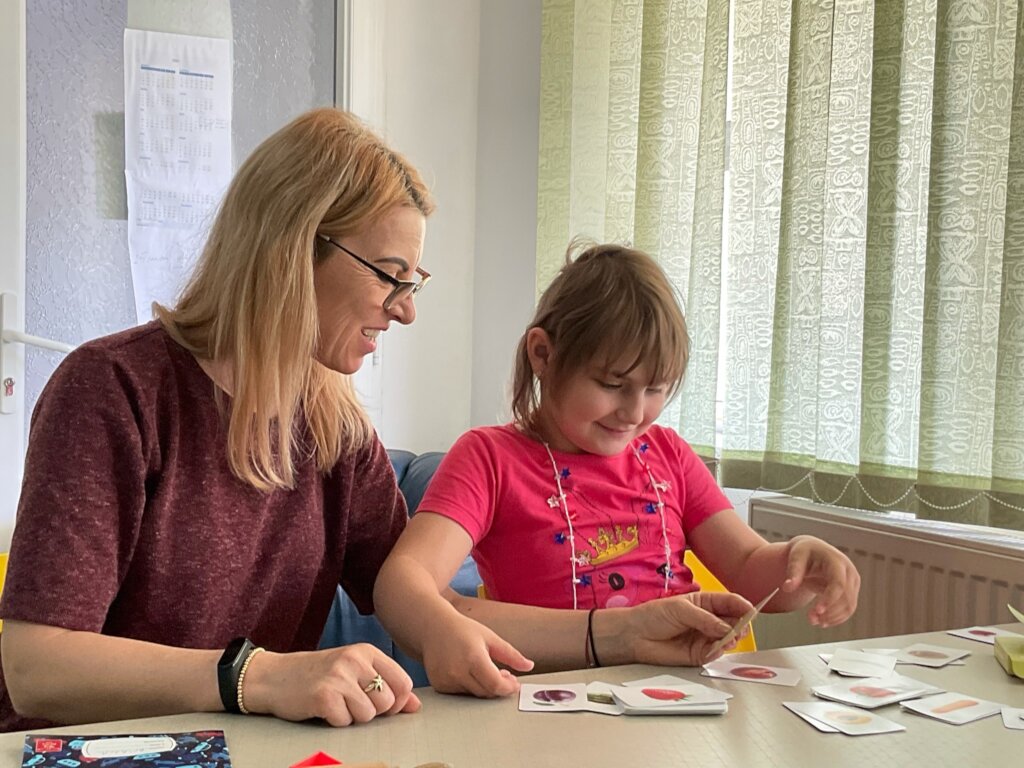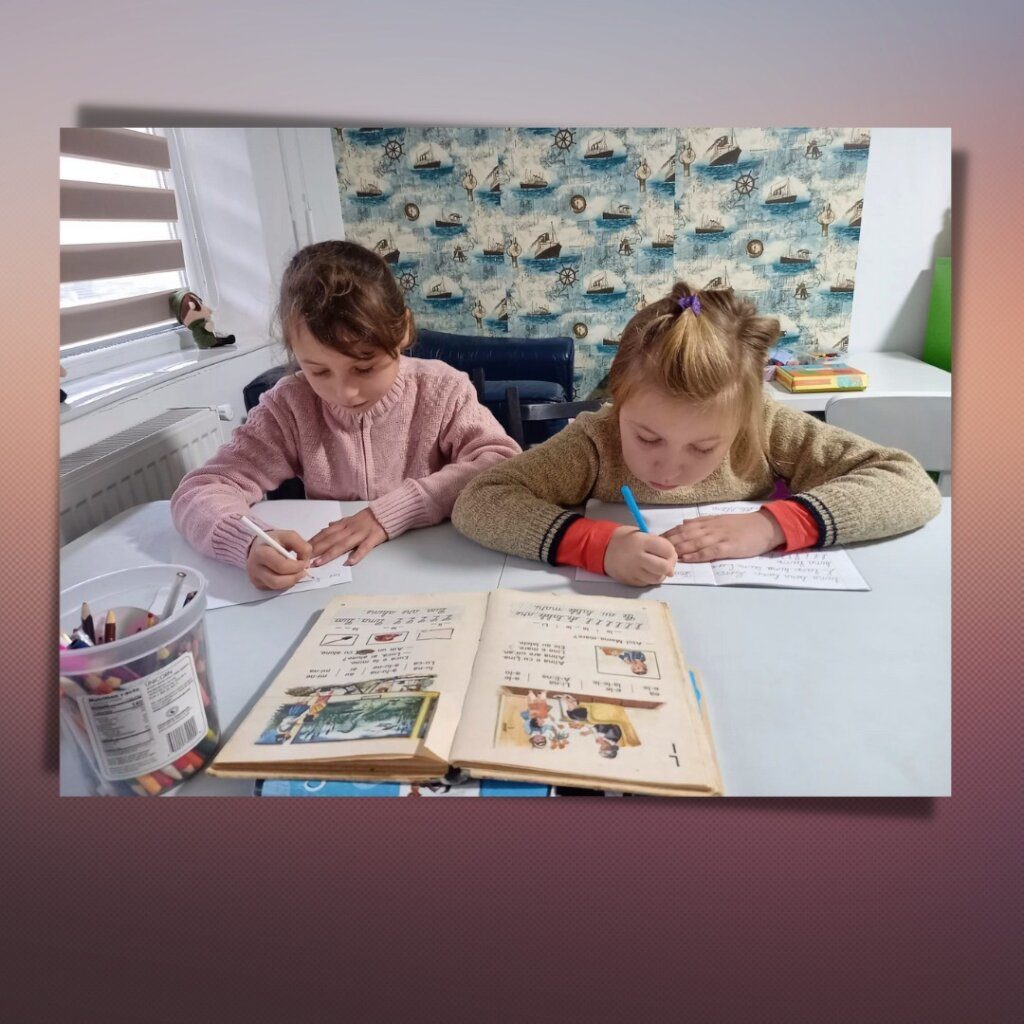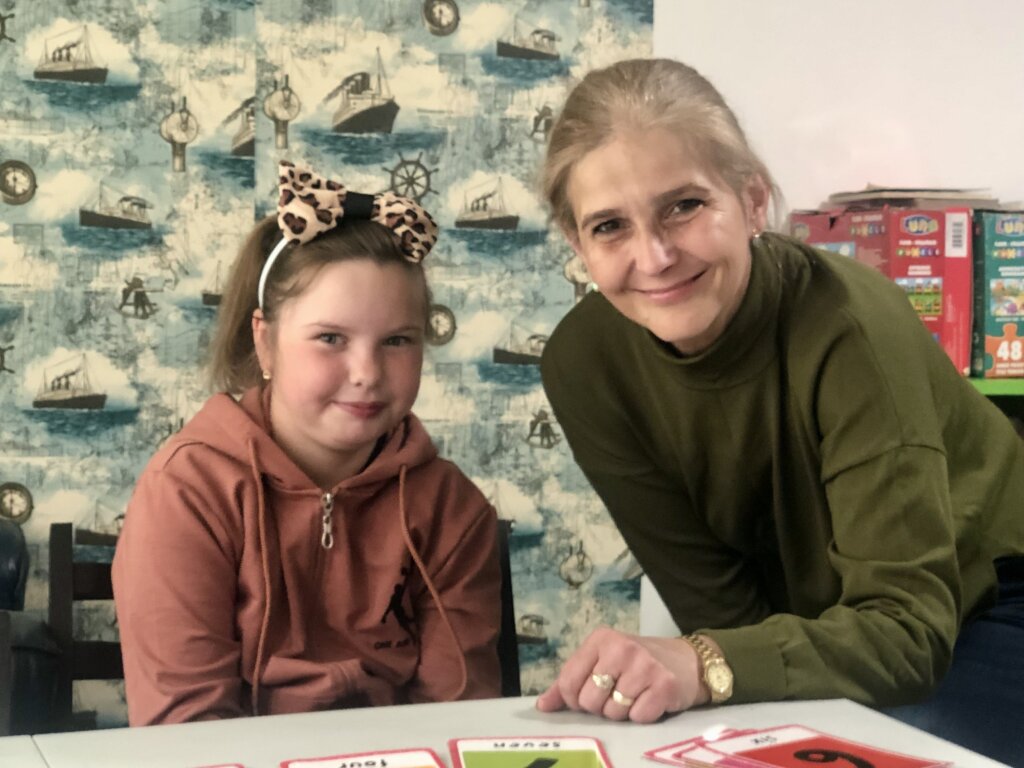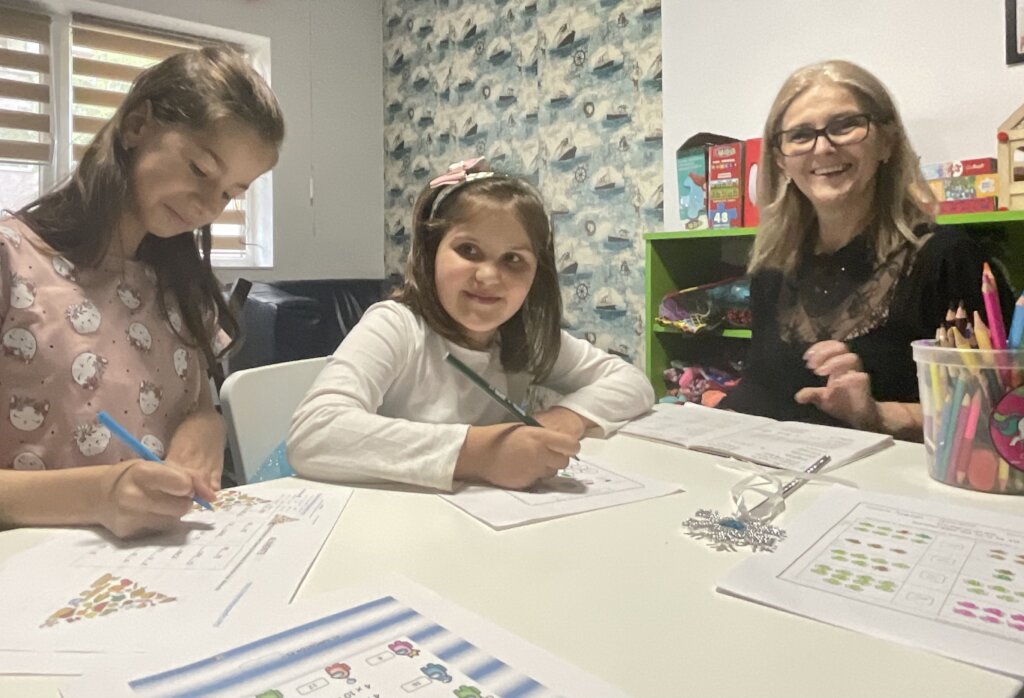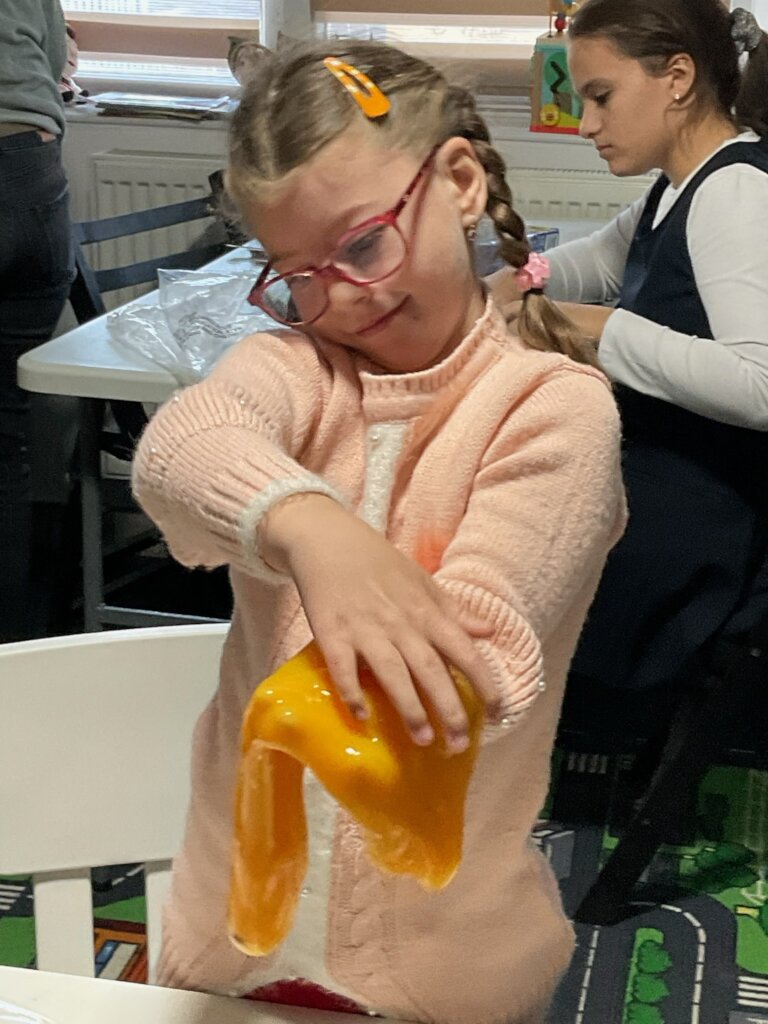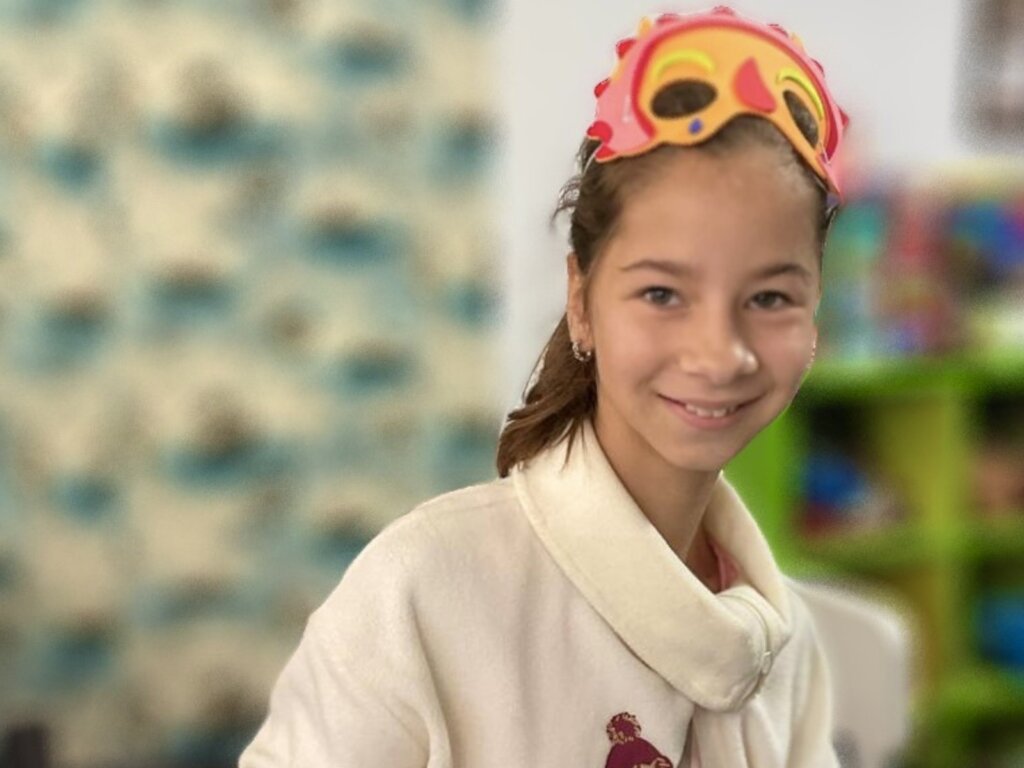The Participation of children in a society with Intellectual and Developmental Disabilities is at the forefront of our goals. Many of these children in Rural Romania have been “hidden away” or deemed unable to participate. The children of Roma parents have an even harder time integrating their special needs child into social activities and school.
More than half of Romania’s children with disabilities are excluded from the educational system or receive inferior education in segregated settings. Orphaned disabled girls in rural, impoverished areas are at risk of abuse, lifetime poverty, or being institutionalized without education or skills. She can never go if a child doesn’t attend school by age 10.
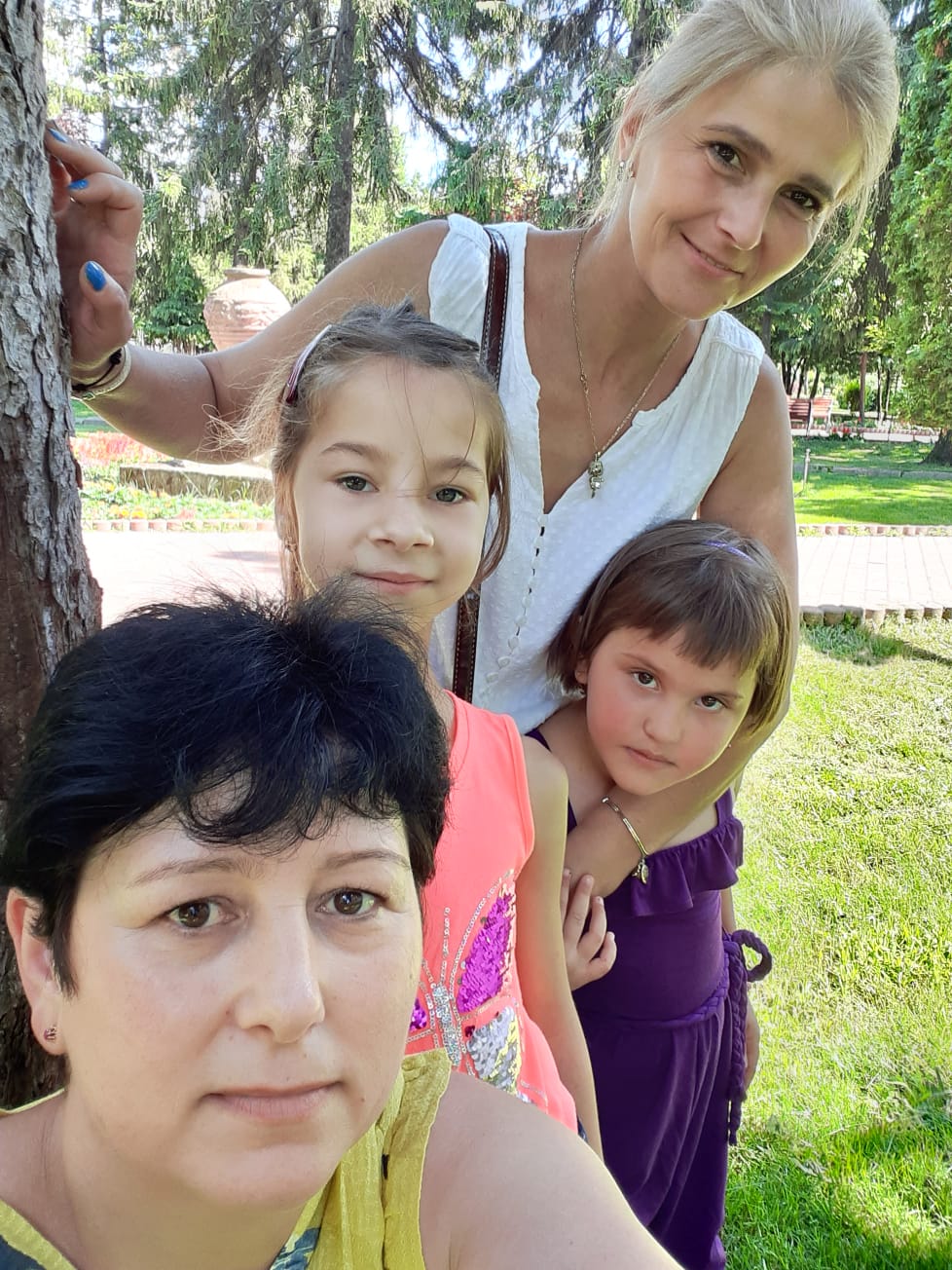
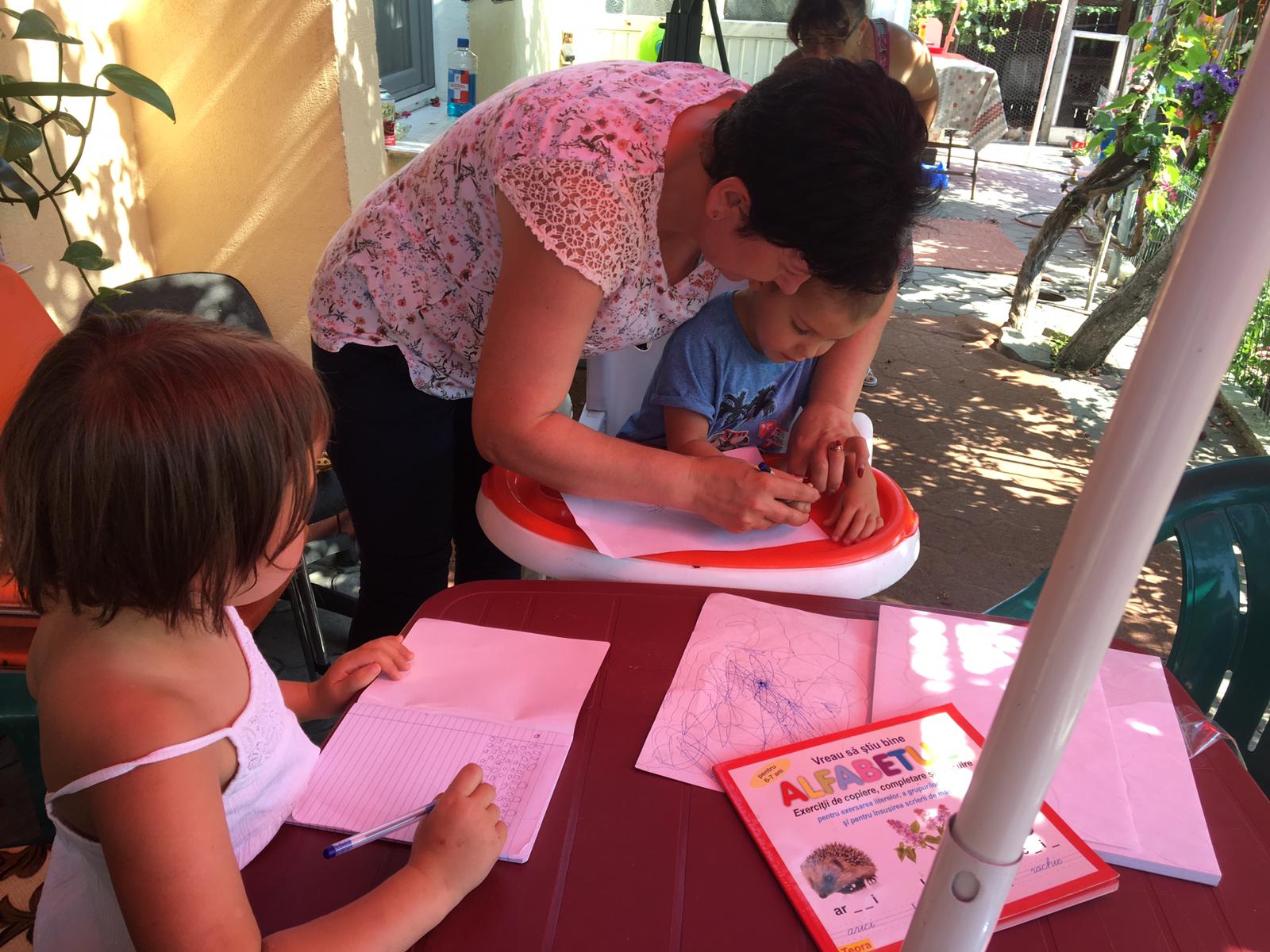
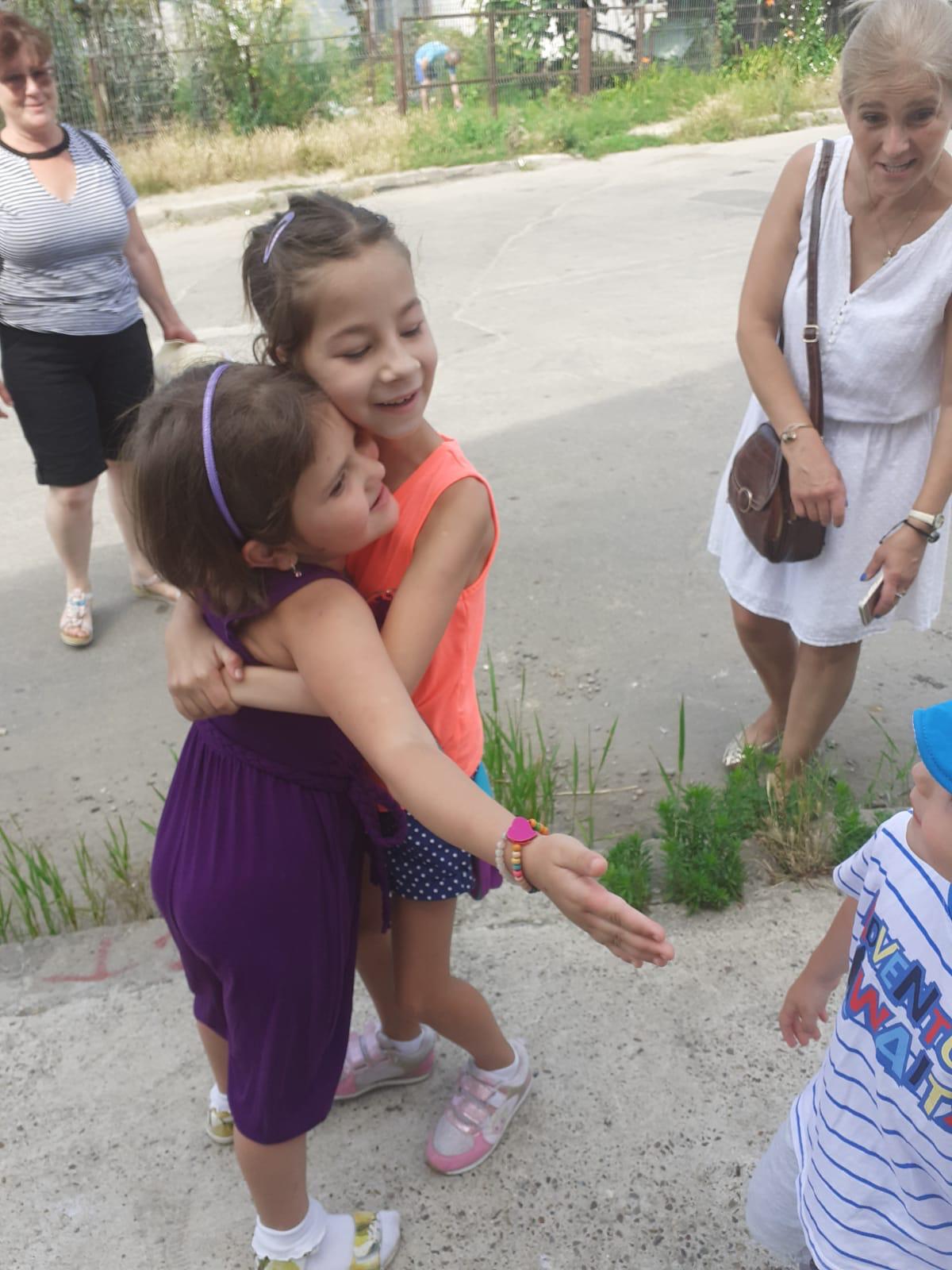
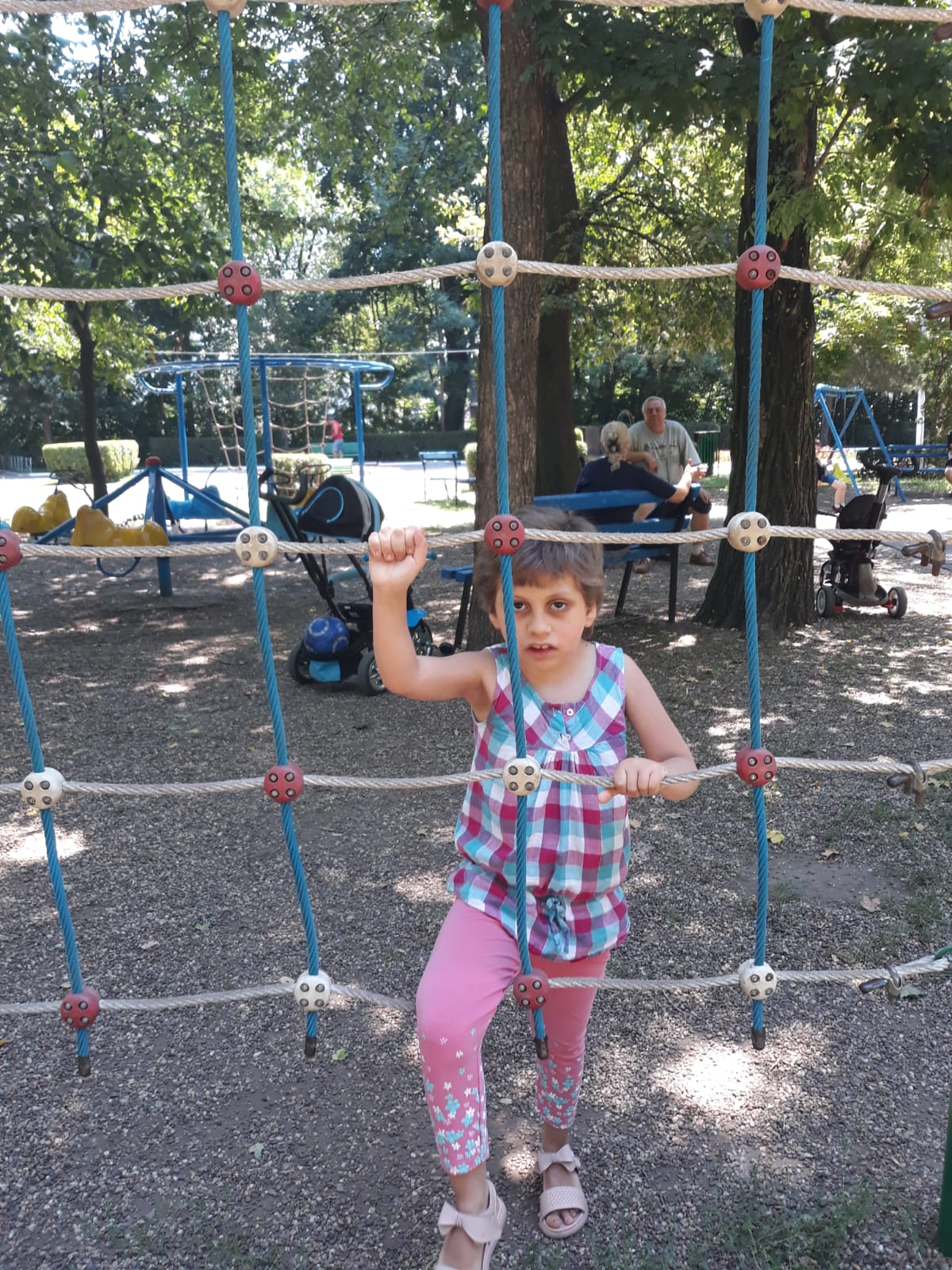
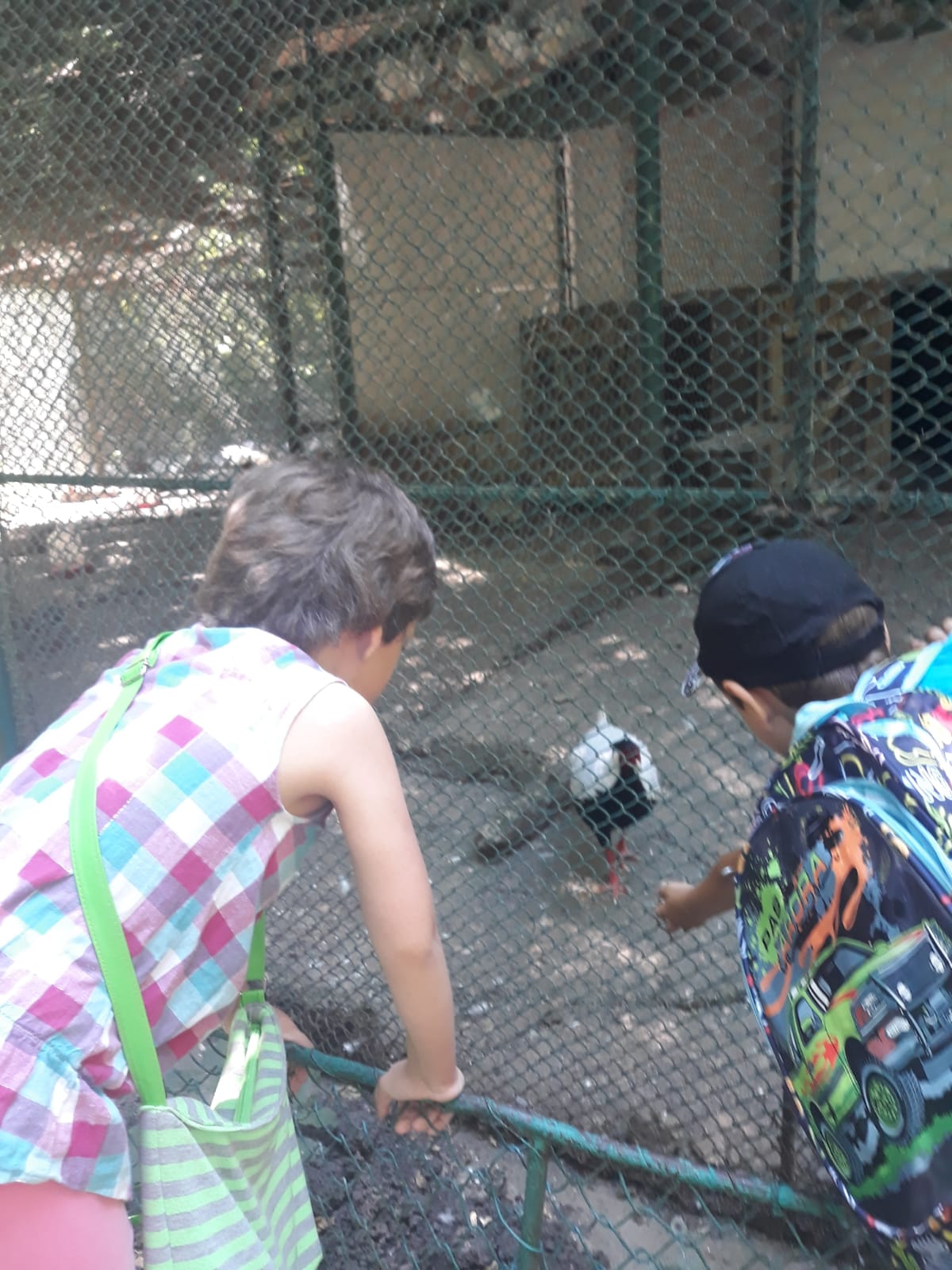
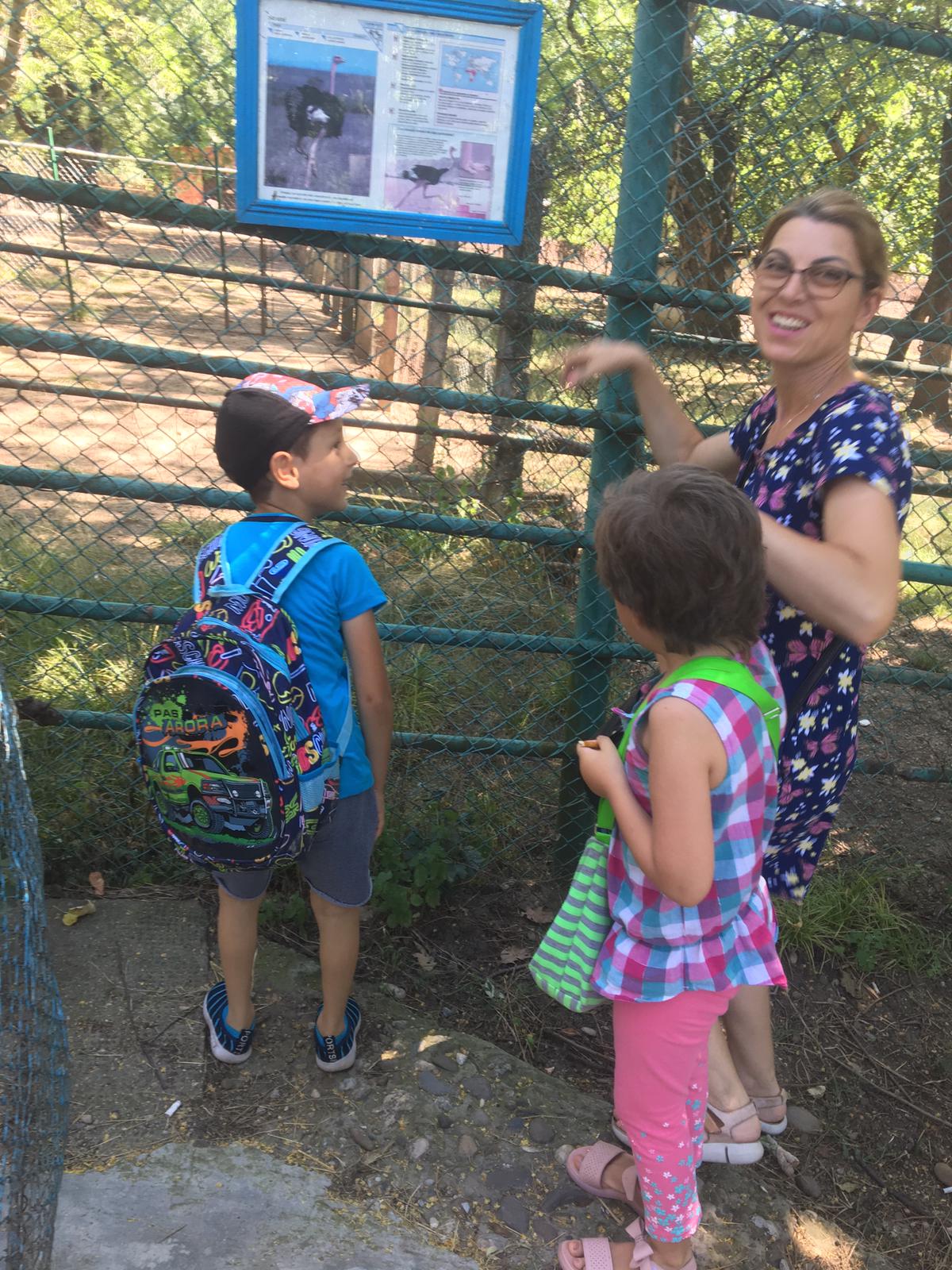
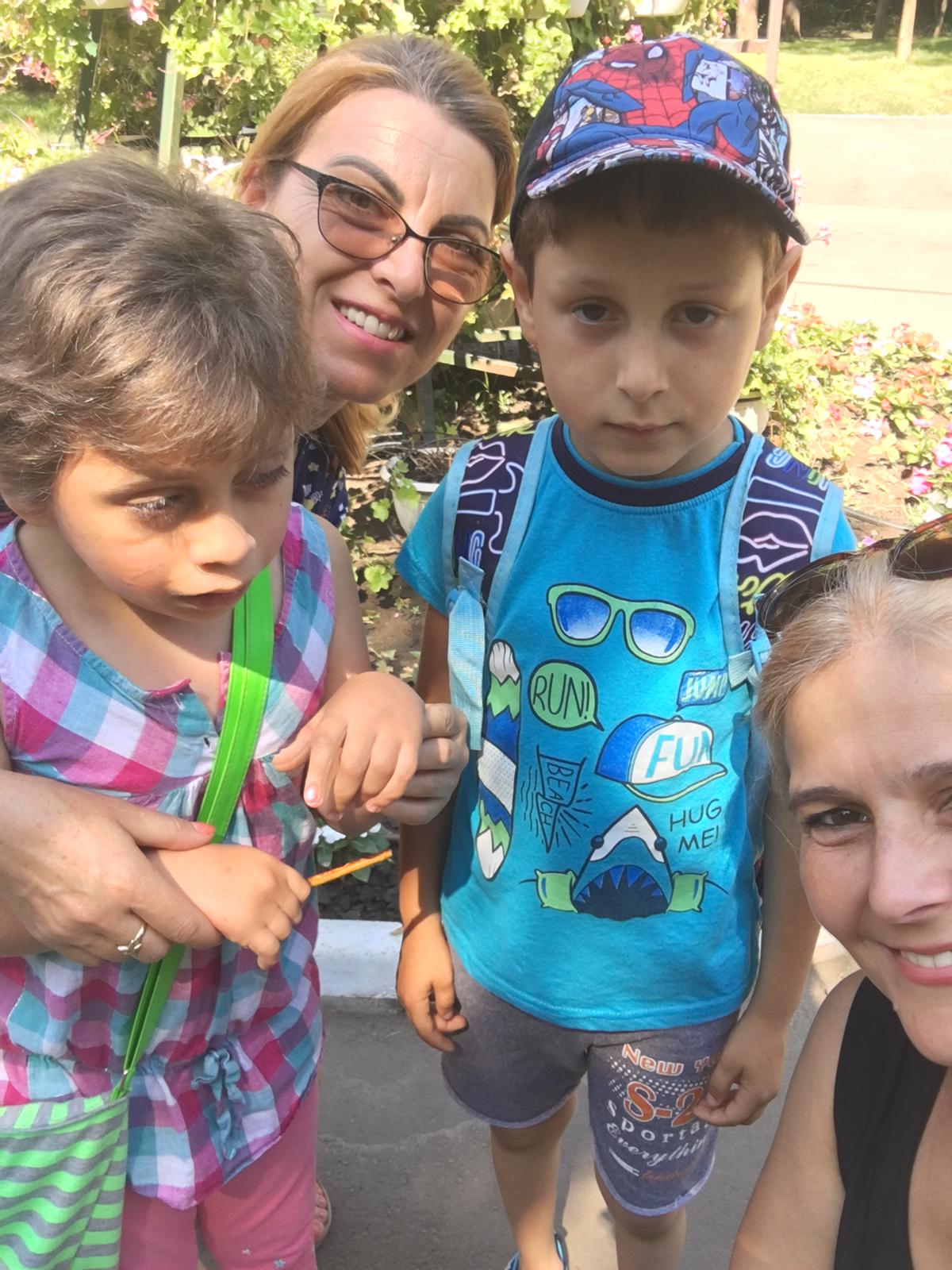
Children at Delia’s Learning Center live in one of the poorest EU regions. Disabled girls often don’t attend school or, if they do, have a higher dropout rate than boys. There are no special education teachers or accommodations for physical disabilities. Girls are discriminated against for being in foster care and for disabilities, especially Roma. 85% of autistic children don’t attend school. EU studies show girls with disabilities and unequal access to education have a high risk of abuse.
Our day center offers education, life skills, speech therapy, nutritional support, and adjunct therapies for autism and Yoga for Special Needs Children. Many girls attending have trauma from being placed in orphanages and foster care, being abused, or witnessing violence to others. Educational tutoring must be supplemented with support for girls to become independent women. We offer the only program in the region with a holistic educational approach.
For the majority of girls, we are their only source of education. We want to integrate children into mainstream schooling while providing after-school tutoring wherever possible. Our work with girls directly, plus building relationships with schools/community, will impact at least 200+ people directly in 5 years. Equal education for disabled, orphaned girls will prevent exploitation and abuse. It offers an opportunity for adult independence and the ability for disabled women to have a livelihood.
More than half of Romania’s children with disabilities are excluded from the educational system or receive inferior education in segregated settings. Orphaned disabled girls in rural, impoverished areas are at risk of abuse, lifetime poverty, or being institutionalized without education or skills. She can never go if a child doesn’t attend school by age 10. This project will change girls’ futures by providing appropriate education, lowering school dropout rates, and preventing abuse.
